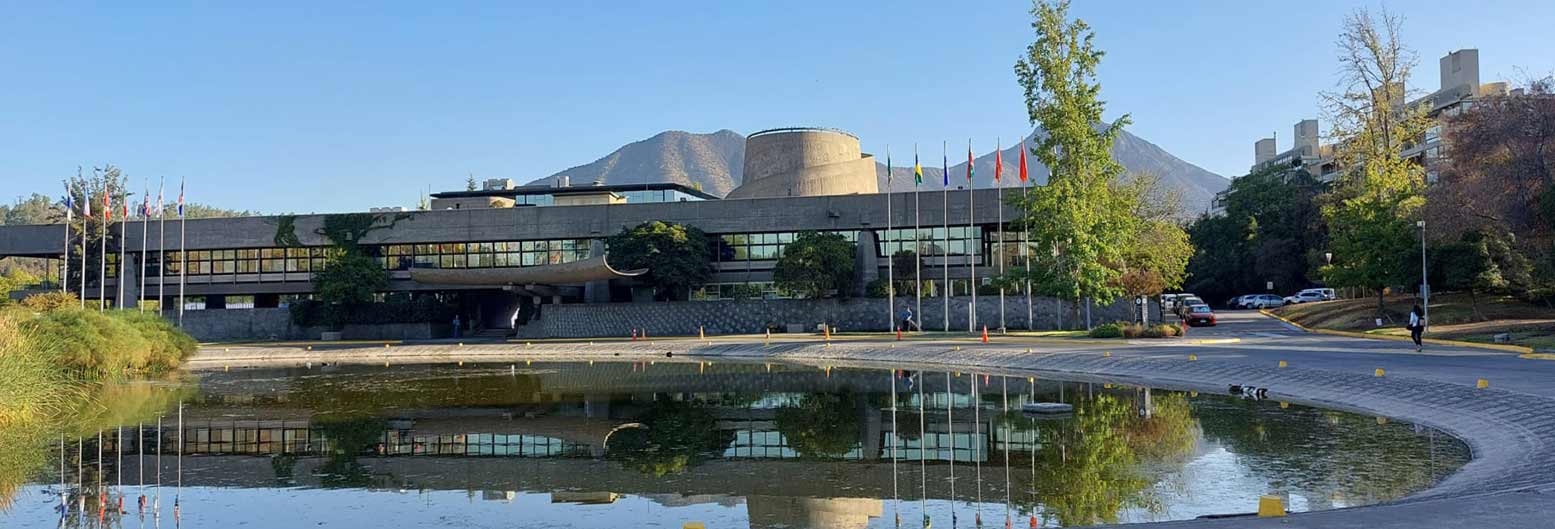Santiago meeting. Learning by Doing/CEPAL. Chile, 2023

Following the Paris agreements, every country has agreed nationally determined contributions (NDCs) for mitigation and adaptation towards 2030. Some countries are advancing longer term low carbon development strategies, and integrating them with a more general vision of development in 2050. The implementation of these NDCs and long-term strategies (LTS) will require long term visions that serve as guides, with pathways that link them to the present. In this context, the Learning by Doing (LBD) project seeks to develop viable visions of a “good life” in functional and appealing societies compatible with a limit of a 2-1.5 ºC rise in temperature, and to use these visions as a guide to facilitate the combination of scenario development with climate and economic modelling, aiming to facilitate changes in action and in mindsets in different countries; to see things differently, and thus act accordingly.
Our recent meeting, at the ECLAC headquarters in Santiago, Chile, brought the LbD teams and associated public philosophy thinkers together to present to a broad group of Latin American countries the project’s thinking and findings, including broad discussions on public philosophy, initiatives for cooperative management of public goods, econometric modelling of development pathways, sectoral and sub-sectoral reasoning and pathways, and reports and reflections from the project’s country teams. The attending countries were appreciative of the wide gamut of thinking behind the project—from broad, top-level philosophy to its rationale for place-based, sub-sectoral, and cross-sectoral economic thinking. Much commented was the project’s innovative use of narratives in a socially-conscious and socially-driven approach to climate action pathways.
Several country representatives approached LbD team members to explore whether the project’s methodologies could be adapted to their own considerations—which is well within the localised nature of the project’s methodology—and to inquire after more in-depth materials from the project.
We hope this exposure will convert to bottom-up support for long-lasting ambition in the delivery of Paris-aligned development pathways.
